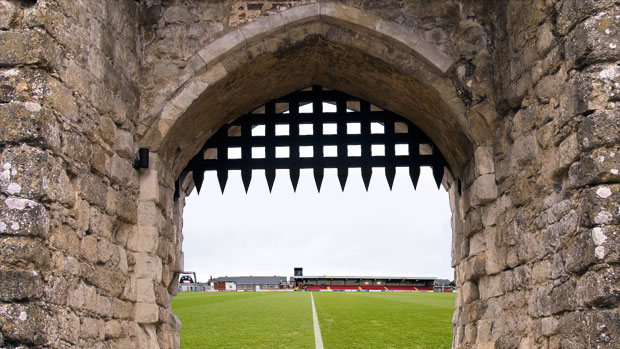Your home, your fortress
The game never changes – kick the ball in the opposition’s goal and stop them scoring in yours. So why are teams so much better when playing on their own patch?

When Brazil face Croatia on Thursday, June 12, a wall of noise from over 60,000 Brazilian fans will greet them.
But not only will the hairs on the players’ necks stand up, they’ll benefit from significantly raised hormonal levels.
“It’s been proven that playing in front of a home crowd, at any level, raises testosterone in the blood,” says English Institute of Sport lead physiologist Jamie Pringle. “It can give you an advantage.”
There’s also an anthropological need to protect home territory, even if there’s just one man and his dog watching. “It’s your domain and you don’t want anyone invading,” says Pringle.
Research shows, too, that familiarity improves spatial awareness. So if you train on your match pitch, you’ll subconsciously be aware of aspects such as pitch size or whether there’s a slope. This breeds decision-making confidence, helping you to make the right pass.
“Familiarity of surroundings also improves how you picture yourself undertaking a skill,” says Ian Robertson, professor of psychology at Trinity College, Dublin.
“MRI scans have shown that accurate visualisation uses the same part of the brain as when actually undertaking that activity, so home advantage has a neurological impact.”
So next time you dread playing on your quagmire of a home pitch with a slope steeper than Ben Nevis, remember: it’s your home and the opposition’s hell.
Get FourFourTwo Newsletter
The best features, fun and footballing quizzes, straight to your inbox every week.
